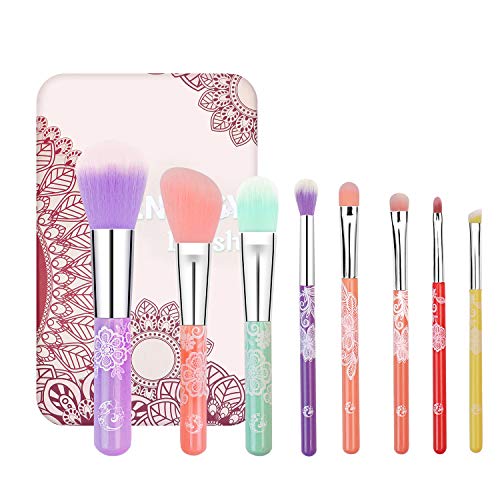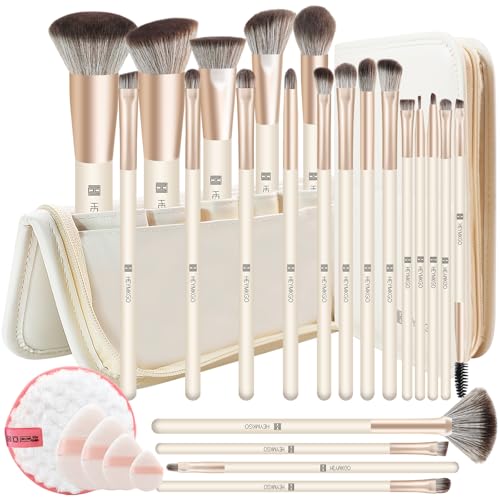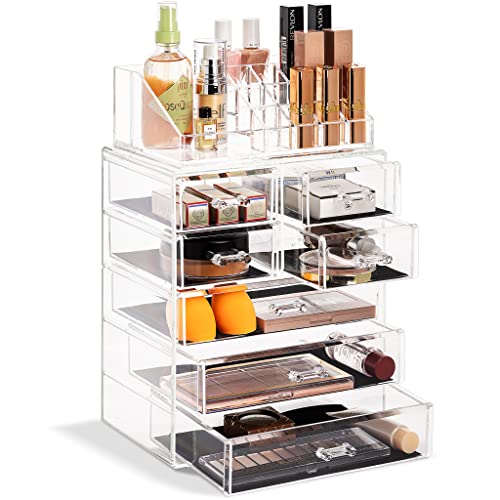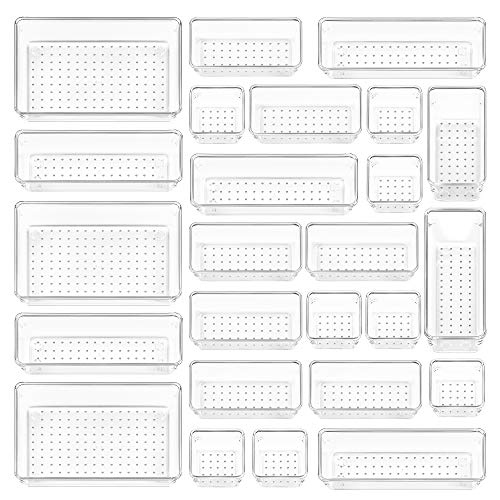- Joined
- Feb 22, 2006
- Messages
- 22,700
- Reaction score
- 1
I thought I saw a previous post like this, but I'm not thinking I did... Forgive me if so...
Quote:
If you are a woman (sorry, guys) looking for a way to reduce breakouts, you might want to discuss your skin problems with your gynecologist instead of your dermatologist. The FDA has approved low-dosage birth-control pills (Ortho Tri-Cyclen and generic norgestimate/ethinyl estradiol) for use in the treatment of acne. In Canada, Diane-35, a combination of cyproterone acetate and ethinyl estradiol is approved for the treatment of acne (Source: Skin Therapy Letter, 1999, volume 4, number 4). Depending on your lifestyle and medical history, you could solve two problems with one prescription.
How does the birth-control pill work on acne? Increased oil production can be caused by the body's androgen (male hormone) production, which can be highest just before menstruation starts. It appears that low-dosage birth-control pills can decrease the presence of excess androgens, thereby decreasing breakouts. They work particularly well when used in conjunction with other therapies such as topical antibacterial agents or tretinoins (Source: Skin Therapy Letter, February 2001, pages 1–3). For a lot of women this is no surprise. Many have noticed an improvement in their skin after they started taking birth-control pills.
According to a double-blind, placebo-controlled study published in Fertility and Sterility (September 2001, pages 461–468), other "low-dose birth-control pills can be an effective and safe treatment for moderate acne." The double-blind, placebo-controlled, randomized clinical trial found that the birth-control pill containing levonorgestrel (Alesse®) reduced the appearance of acne.
Low-dose oral contraceptives also result in a low occurrence of estrogen-related side effects like nausea, headaches, and breast tenderness, in addition to low, if any, weight gain (Source: Medscape press release, September 7, 2001).
Is taking birth-control pills to control acne right for you? There are risks associated with taking birth-control pills, and these should be taken into account before you make a final decision. These risks include increased chances of heart attack, strokes, blood clots, and breast cancer (and these are compounded if you smoke), not to mention possible side effects such as vaginal bleeding, fluid retention, melasma (dark-brown skin patches), and depression. All that may not be a worthwhile trade-off for clear skin. But if you are already using (or considering) the pill for birth control, this remedy may be worth looking into.
Paula Begoun
SOURCE
Quote:
If you are a woman (sorry, guys) looking for a way to reduce breakouts, you might want to discuss your skin problems with your gynecologist instead of your dermatologist. The FDA has approved low-dosage birth-control pills (Ortho Tri-Cyclen and generic norgestimate/ethinyl estradiol) for use in the treatment of acne. In Canada, Diane-35, a combination of cyproterone acetate and ethinyl estradiol is approved for the treatment of acne (Source: Skin Therapy Letter, 1999, volume 4, number 4). Depending on your lifestyle and medical history, you could solve two problems with one prescription.
How does the birth-control pill work on acne? Increased oil production can be caused by the body's androgen (male hormone) production, which can be highest just before menstruation starts. It appears that low-dosage birth-control pills can decrease the presence of excess androgens, thereby decreasing breakouts. They work particularly well when used in conjunction with other therapies such as topical antibacterial agents or tretinoins (Source: Skin Therapy Letter, February 2001, pages 1–3). For a lot of women this is no surprise. Many have noticed an improvement in their skin after they started taking birth-control pills.
According to a double-blind, placebo-controlled study published in Fertility and Sterility (September 2001, pages 461–468), other "low-dose birth-control pills can be an effective and safe treatment for moderate acne." The double-blind, placebo-controlled, randomized clinical trial found that the birth-control pill containing levonorgestrel (Alesse®) reduced the appearance of acne.
Low-dose oral contraceptives also result in a low occurrence of estrogen-related side effects like nausea, headaches, and breast tenderness, in addition to low, if any, weight gain (Source: Medscape press release, September 7, 2001).
Is taking birth-control pills to control acne right for you? There are risks associated with taking birth-control pills, and these should be taken into account before you make a final decision. These risks include increased chances of heart attack, strokes, blood clots, and breast cancer (and these are compounded if you smoke), not to mention possible side effects such as vaginal bleeding, fluid retention, melasma (dark-brown skin patches), and depression. All that may not be a worthwhile trade-off for clear skin. But if you are already using (or considering) the pill for birth control, this remedy may be worth looking into.
Paula Begoun
SOURCE


































